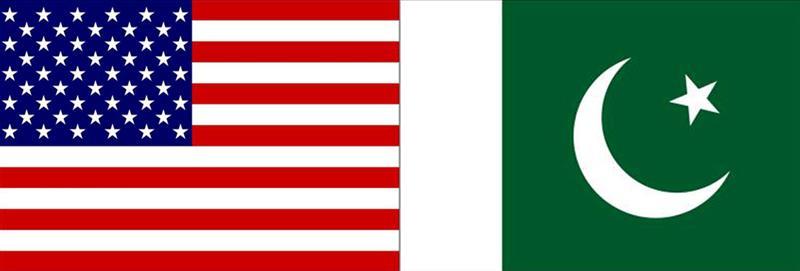The Islamabad-Washington ties dipped to a new low as a result of a cross-border attack by NATO-led forces on border post in the Mohmand tribal region. At least 24 Pakistani soldiers were killed in the November 26 airstrikes on the Salala checkpoint.
Subsequently, Islamabad closed a key supply route for NATO-led troops and ordered the United States to vacate the Shamsi airbase in Balochistan province.
Political commentator, Mohammad Hassan Haqyar, feared the departure of US soldiers from the Shamsi airbase could have a negative impact on the security situation in Afghanistan.
With US drone attacks on rebel sanctuaries in Pakistan’s tribal lands put on hold, the Taliban and Al Qaeda would regroup and regain strengthen, he explained. “Closure of the key supply line route for ISAF soldiers could lead to a slowdown in security operations across Afghanistan.”
Another analyst, Ghulam Jilani Zwak, also agreed the security environment would deteriorate in the absence of cooperation from Pakistan in fighting the Taliban insurgency. “The US has two options: Accept defeat in Afghanistan or convince Pakistan into honest cooperation.”
The Obama administration had finally realised that Pakistan could not be a trustable ally in the war on terror, said Khushal Rohi, another analyst. “If it fails to find an alternative supply route, the US will have to strike a deal with Pakistan,” Rohi remarked.
A Pakistani defence expert said the drones had stopped bombing rebel safe havens in tribal areas for a brief time. In the near future, CIA-operated drones would resume operations from the Bagram Airbase, Gen. Retd. Mahmood Shah added.
Former Pakistani Ambassador to Afghanistan Rustam Shah Momand asked Islamabad to redefine its relationship with Washington and seek guarantee from the US that it would not strike military checkpoints on the border with Afghanistan.
Defence expert Syed Nazir Momand, on the other hand, alleged there was a secret agreement on the drone attacks between the US and the Pakistan Army. “Since the bombings also kill civilians, Pakistan should resist it.”
On Tuesday, US Defense Secretary Leon Panetta during a surprise visit to Kabul acknowledged Islamabad’s role in the war on terror was important.
The former CIA director said: “It’s been acknowledged several times that we can’t win the war in Afghanistan without being able to win in our relationship with Pakistan.”It’s going to be important that we continue to reach out to Pakistan.”
frm/mud








GET IN TOUCH
NEWSLETTER
SUGGEST A STORY
PAJHWOK MOBILE APP